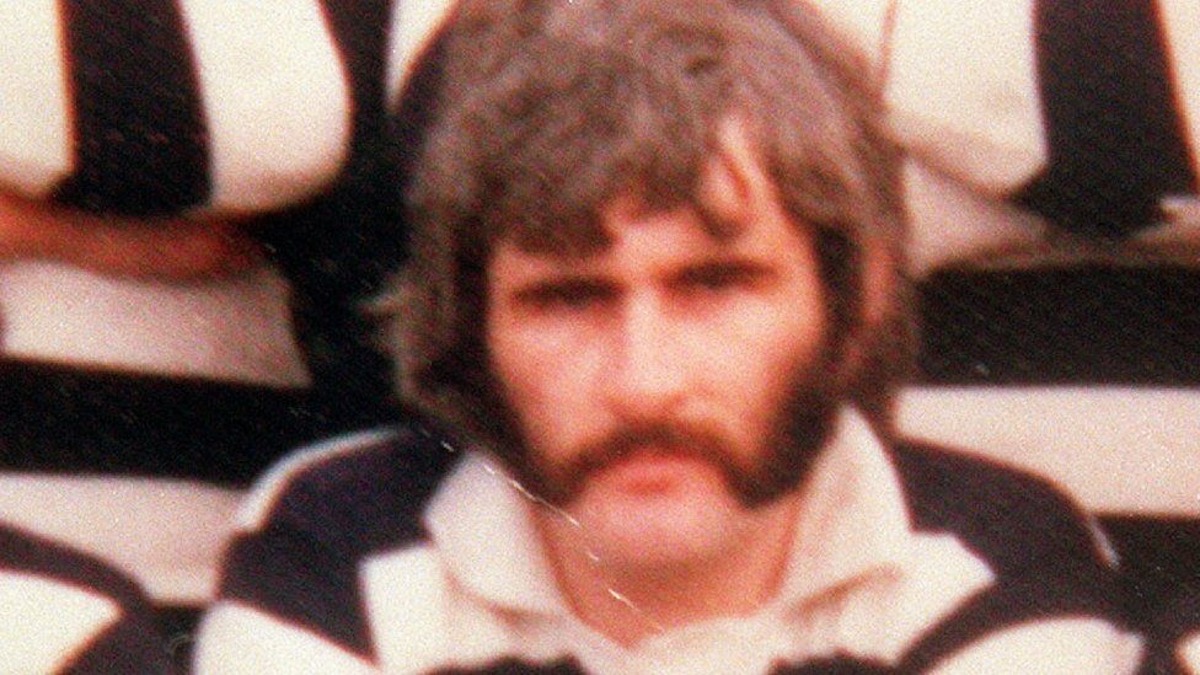
The PSNI are in breach of their duties to carry out an effective investigation into a fatal loyalist gun attack on a village pub 30 years ago, the High Court has ruled.
A judge held that new material and a documentary film which named suspects represents plausible evidence of significant state collusion in the shootings at the Thierafurth inn in Kilcoo, County Down.
One man, 42-year-old Peter McCormack, was murdered and three others were seriously wounded when a loyalist death squad burst in and opened fire during a darts tournament in November 1992.
Mr Justice Humphreys declared: “The state has failed to carry out an effective Article 2 or 3 (of the European Convention on Human Rights) compliant investigation into the attack within a reasonable time.”
The verdict came in a legal challenge mounted by a barman who narrowly avoided injury in the shooting.
John McEvoy, who developed post-traumatic stress disorder, brought judicial review proceedings against the PSNI Chief Simon Byrne over the failure to ensure an independent, effective investigation.
His challenge was based on information pointing to collusion between members of the Crown Forces and the unionist paramilitary UVF operating in the south Down area at that time.
It followed the publication in 2016 of a Police Ombudsman report into the Loughinisland massacre, when loyalist gunmen murdered six Catholic men watching a World Cup football match in June 1994.
A film on the Loughinisland killings which named suspects, No Stone Unturned, strengthened the case for a fully independent investigation.
The court heard the attack was 542nd in a queue, with no indication of when it will be considered by the PSNI’s Legacy Investigation Branch (LIB). The PSNI has blamed ‘limited resources’.
Predicting that any investigation will not start for years, counsel for Mr McEvoy said two of the victims have died since the legal action commenced and expressed fears that none of them will ever see justice.
Suspects were named in the documentary on the Loughinisland massacre, one of whom was identified as being linked to the Thierafurth Inn attack, and another revealed to have been given weapons training by a member of the British Army.
Ruling on the challenge, Mr Justice Humphreys said the new material casts real doubt on the ability of the original RUC investigation to bring those responsible to justice.
“I am satisfied that it is credible, relevant to the identification of perpetrators and capable of undermining previous conclusions,” he stated.
John McEvoy’s lawyer Gavin Booth, from Phoenix Law, said the onus now lay with the PSNI to instigate a proper investigation into the series of loyalist attacks in south Down in the 1990s.
“We welcome today’s ruling that the PSNI have breached Articles 2 and 3 of the ECHR.
“It’s important that the PSNI now take immediate steps to provide the survivors of the Theriafurth and all those that were linked to this case by the 2016 police ombudsman’s report with a proper investigation into the events in south Down in the 1990s”.
Sinn Féin MP Chris Hazzard also welcomed the ruling. Speaking from the court, he described it as a ‘watershed decision’. He said the ruling highlights the ‘damning levels’ of collusion between loyalist paramilitaries and the state during the conflict.
“The court highlighted flaws in the original investigation, including the failure of the RUC, and latterly the PSNI to properly investigate and share new evidence,” he said.
“This is a watershed decision for families in South Down, and further exposes damning levels of collusion between the state and loyalist paramilitaries.
“All of these murders and attacks must now be properly investigated and those responsible brought before the courts.
“I want to commend all the families impacted by this case and their steadfast campaign to access truth and justice. They are entitled to justice and proper investigation. This must now proceed without any delay.”
![[Irish Republican News]](https://republican-news.org/graphics/title_gifs/rn.gif)
![[Irish Republican News]](https://republican-news.org/graphics/title_gifs/harp.gif)

